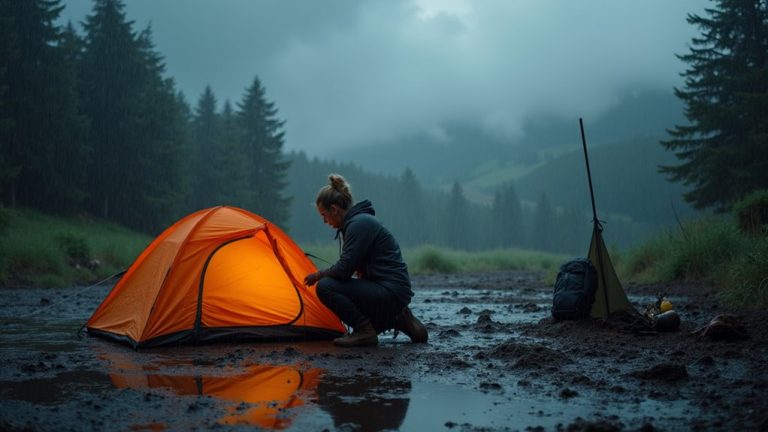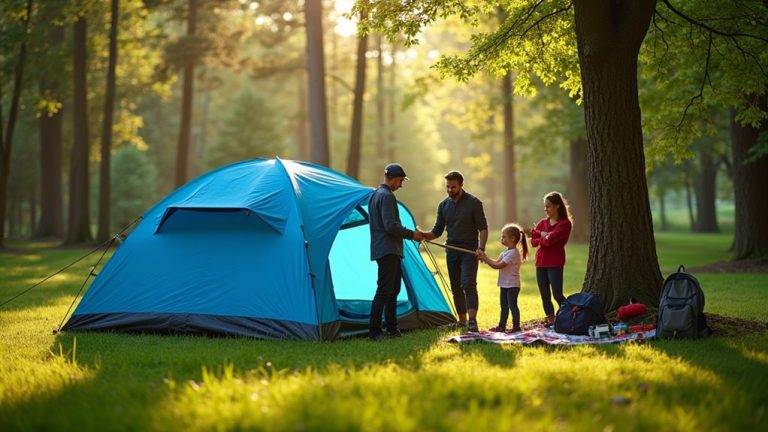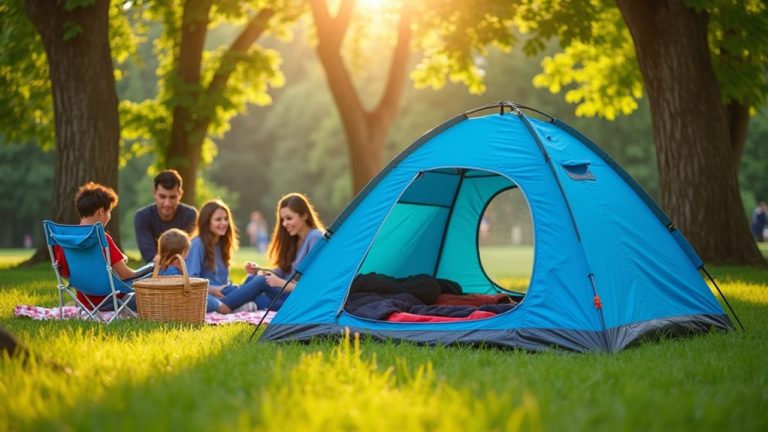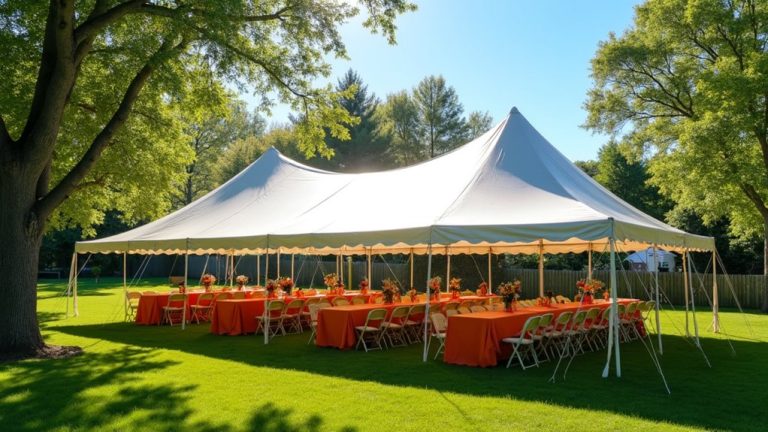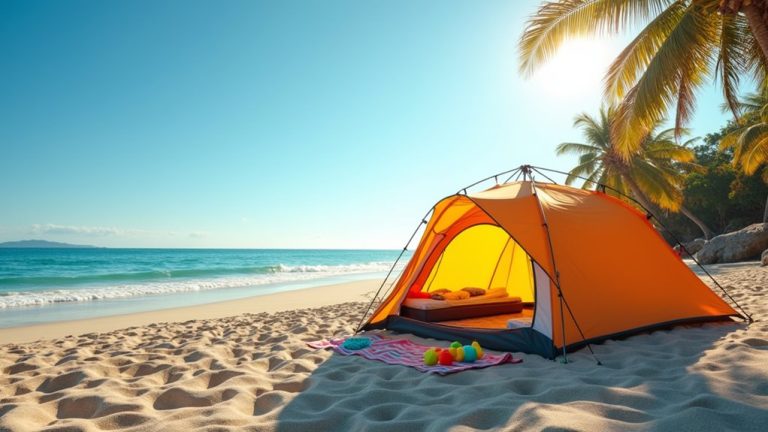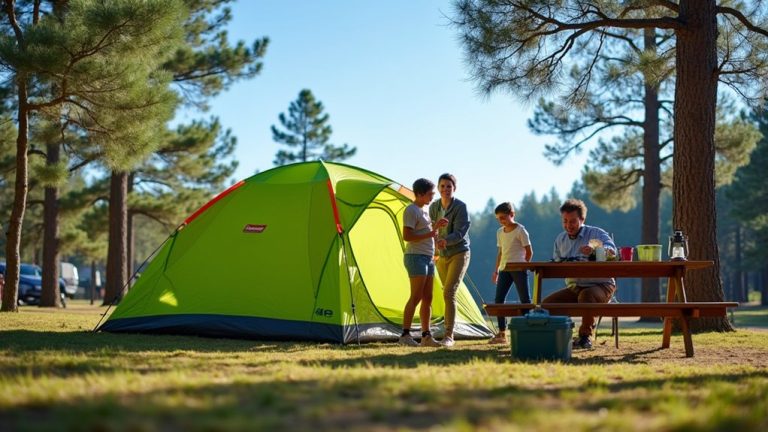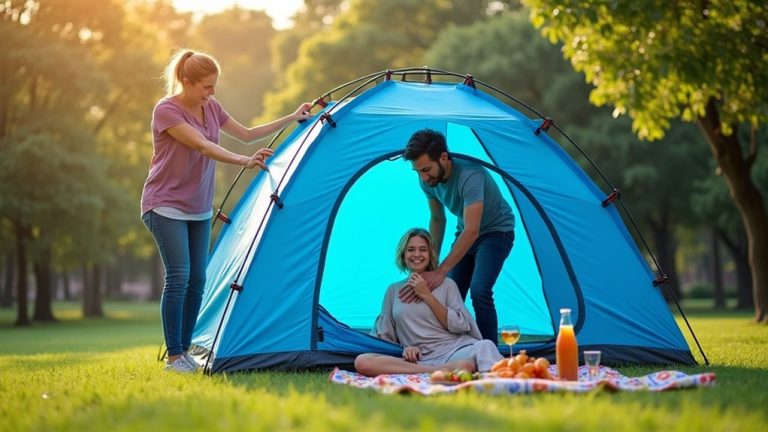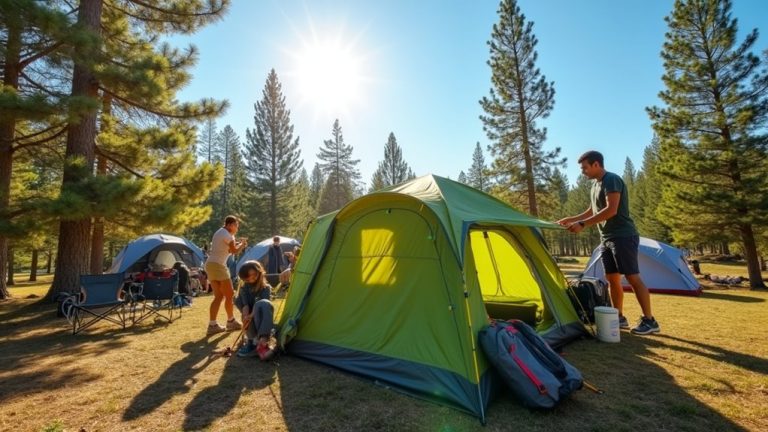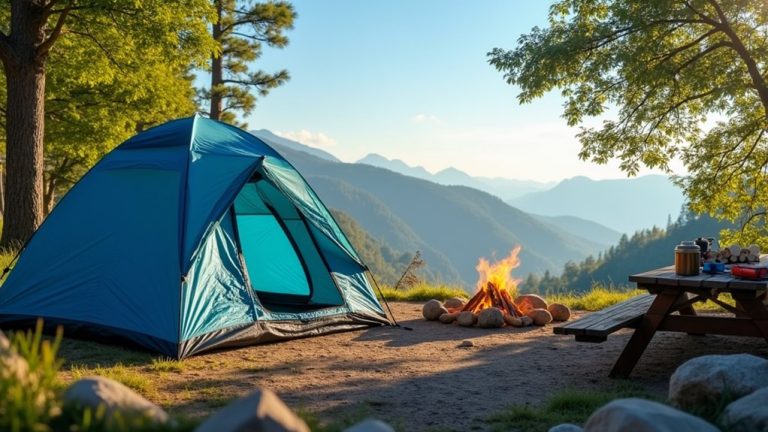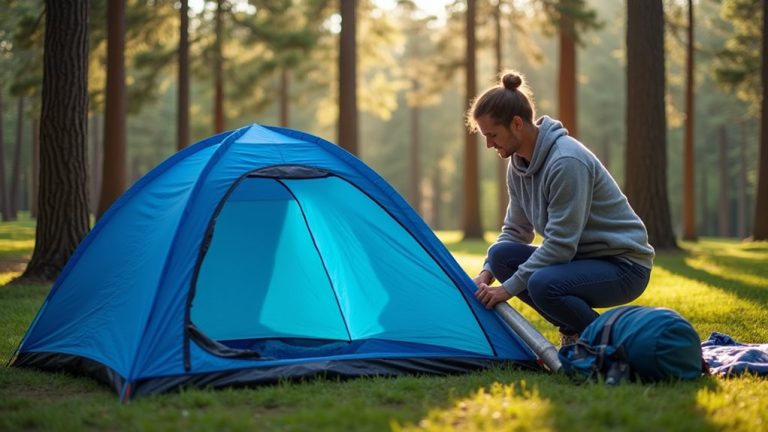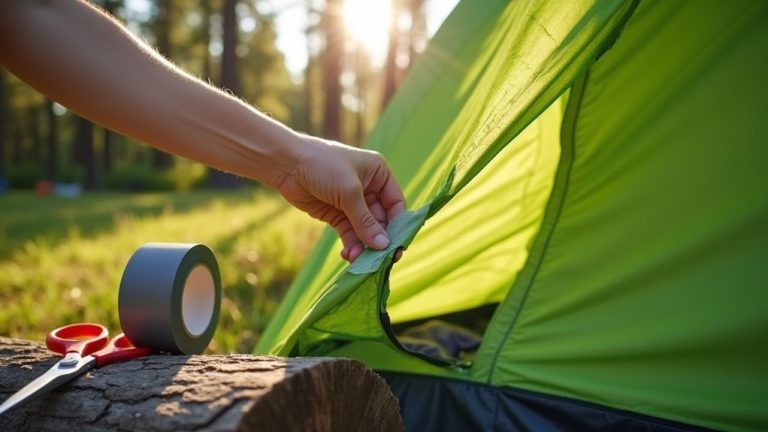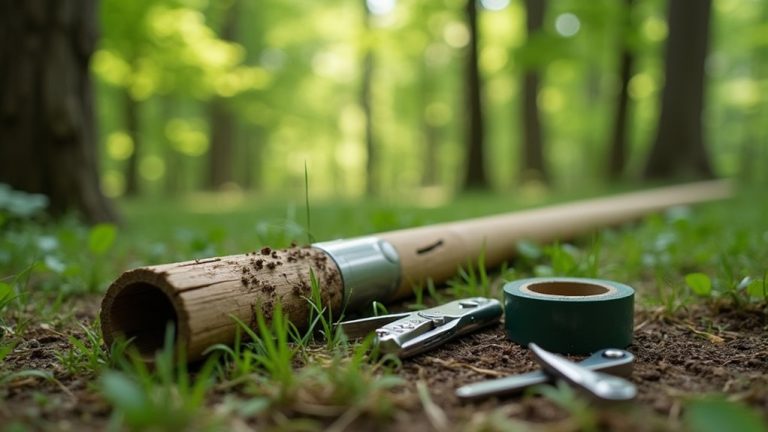How To Set Up A Tent In The Rain
Set up your tent on high ground to avoid water pooling. Avoid low spots that collect rain. Place a tarp on the ground before pitching the tent for extra protection. Attach the rainfly quickly to keep the inside dry. Secure the tent with stakes tightly. Point the tent door away from the wind to block rain. Open vents to let air flow and reduce dampness inside. These simple steps help keep your tent dry and comfortable in the rain.

